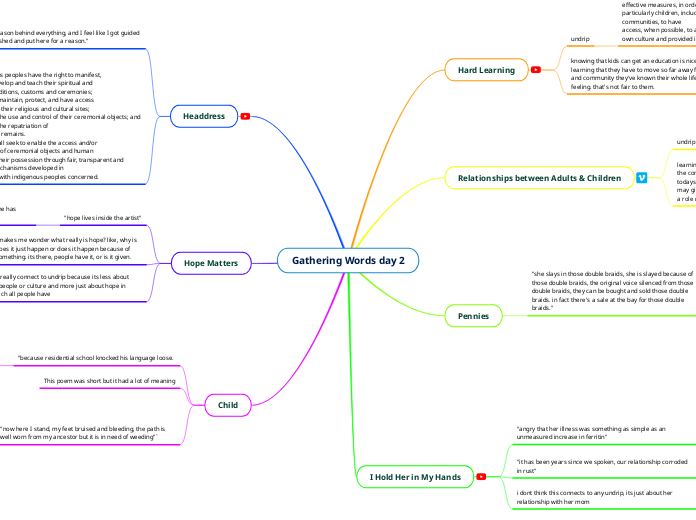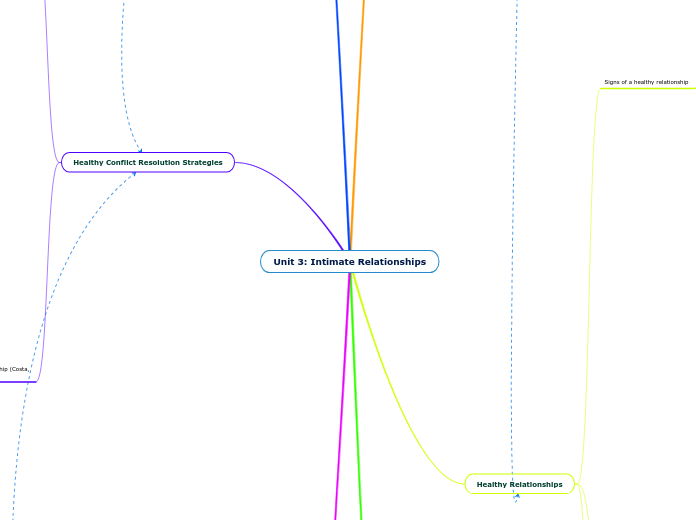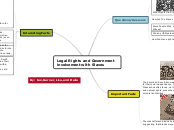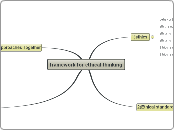Gathering Words day 2
Child
"now here I stand, my feet bruised and bleeding, the path is well worn from my ancestor but it is in need of weeding"`
i like this quote because, it shares that her dad helped her, he helped her get through life but do to the trauma he faced from residential school there are some bumps in the path, even though its there. it also shows she's forgiving of that, she understands and is grateful there is a path at all.
This poem was short but it had a lot of meaning
"because residential school knocked his language loose.
i like this because of how it rymes. it also talks about her dad losing his language from residential school but the language she used, "knocked" made it more emotional then that. because to me its like getting hit by a rock and getting knocked down.
Hope Matters
this doesn't really connect to undrip because its less about indigenous people or culture and more just about hope in general, which all people have
this kind of makes me wonder what really is hope? like, why is hope, and does it just happen or does it happen because of someone, something. its there, people have it, or is it given.
"hope lives inside the artist"
this is the first line of that poem and its odd. everyone has hope inside them, so then everyone is an artist.
Headdress
Article 12
1. Indigenous peoples have the right to manifest,
practise, develop and teach their spiritual and
religious traditions, customs and ceremonies;
the right to maintain, protect, and have access
in privacy to their religious and cultural sites;
the right to the use and control of their ceremonial objects; and the right to the repatriation of
their human remains.
2. States shall seek to enable the access and/or
repatriation of ceremonial objects and human
remains in their possession through fair, transparent and effective mechanisms developed in
conjunction with indigenous peoples concerned.
i feel like this connects to this undrip article because J.J is putting on a headdress which is a big part of indigenous culture and like they said "not something to be take lightly". some people that aren't indigenous would probably just shrug it off and feel like its not that big of a deal being someone that isn't supposed to wear a headdress but it is a big deal. and indigenous people can educate people on that.
i feel like wearing a headdress and not being a person that can do that is kind of like when i see someone saluting wrong or wearing a cadet uniform wrong or having the wedge on wrong, it's not only disrespectful but it looks wrong, and makes it look bad.
"there's a reason behind everything, and I feel like I got guided and then pushed and put here for a reason."
i chose this quote because she may have been talking about wearing the headdress but other people can maybe relate to that. being pushed to where you need or should be but not all find that in a positive light.
I Hold Her in My Hands
i dont think this connects to any undrip, its just about her relationship with her mom
"it has been years since we spoken, our relationship corroded in rust"
i like this because it makes you wonder what the "rust" is.
it's also just written really well, i just like it i guess.
"angry that her illness was something as simple as an unmeasured increase in ferritin"
I think a lot of people can relate to this, maybe not the ferritin part, but the being angry because of something so simple. illness comes in a lot of forms and sometimes its simple, could have been avoided, and sometimes it's not and it's still so infuriating when it happens. and it makes everything so uncertain. sometimes its not illness, sometimes its trauma, or just a situation, simple things can be hard to process and to deal with
Pennies
"she slays in those double braids, she is slayed because of those double braids, the original voice silenced from those double braids, they can be bought and sold those double braids. in fact there's a sale at the bay for those double braids."
"oh, and you'll find the public apathy on the shelf next to the sacred music festival headdresses."
i think some people find cultures interesting and then wear clothing from that culture or do something from that culture that they didn't do research on. indigenous culture included. i don't think people thought about it, didn't care but people do now, just not enough.
cultural appreciation is alright when you do your research and go to people from the culture to educate you but cultural appropriation isn't because people put what they think is that culture, not what it actually is.
Relationships between Adults & Children
learning specific things from their parents gives them a role in the community. there's not many specific roles in most of todays society and it interesting to see those roles. those roles may give a sense of purpose while in todays society not having a role makes finding one seem like a daunting task.
i think this also connects to article 14 of undrip because they choose how to teach and what to teach their children. in public or cathlioc schools you learn about how to thrive in today's society, more than how to survive or how to care for the earth.
Hard Learning
knowing that kids can get an education is nice but then learning that they have to move so far away from their family and community they've known their whole life gives an unfair feeling. that's not fair to them.
undrip
Article 14
1. Indigenous peoples have the right to establish
and control their educational systems and institutions providing education in their own languages, in a manner appropriate to their cultural methods of teaching and learning.
2. Indigenous individuals, particularly children,
have the right to all levels and forms of education of the State without discrimination.
3. States shall, in conjunction with indigenous peoples, take effective measures, in order for indigenous individuals, particularly children, including those living outside their communities, to have
access, when possible, to an education in their
own culture and provided in their own language.
this connects to this article of undrip because Miranda gets education but its not near or in her community, she has to move far away to get education and live with a random family.









